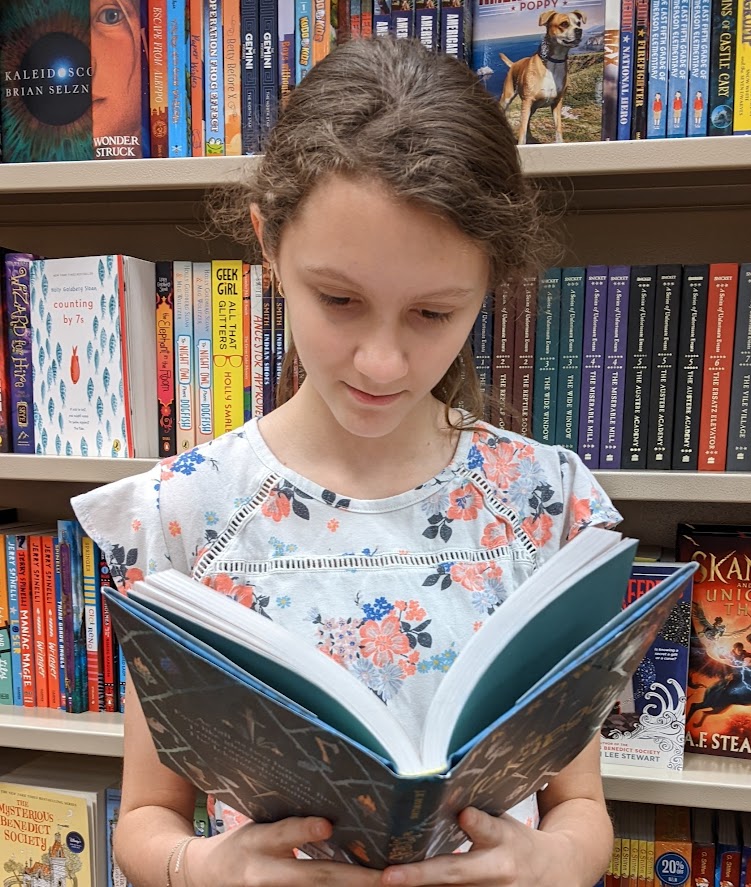Have you ever read a story that feels too dark? Rather than offering goodness or even a clear message about the world, maybe the story was just filled with hopeless event after hopeless event. Maybe it didn’t offer anything aside from an interesting plot or characters, and even those were corrupted by evil and darkness. And it may not have been the level of suffering in the story that bothered you. Most likely, the story wasn’t bad because there was too much darkness, but rather because there wasn’t enough light.
But not all painful stories have to be this way. Even stories that completely corrupt their protagonists and end up destroying their entire world can offer meaning. We’ve talked about these stories and even used them as positive examples before on the blog. Just because a character is corrupted, a world seems hopeless, or evil isn’t always punished doesn’t mean a story can’t be well written or even satisfying.
So how can you avoid one and write the other? What is the difference between the stories that offer nothing but darkness and those that are hopeless and yet still have something to meaningful to share? And how can we make sure we’re writing the right one?
To answer those questions, we’re going to dive into the 2021 Broadway musical: Dear Evan Hansen.
Dear Evan Hansen
Evan Hansen has had a rough life. His dad left when he was young, his mother is always working to keep their family afloat, and he’s dealing with intense anxiety and depression because of this. He has been instructed by his therapist to write letters to himself in hopes it will give him more confidence and revive his will to live. When Evan goes to school one day, a bully named Connor only adds to his misery by snatching one of those letters from his hands and keeping it.
A couple of days later, Evan’s entire world is turned upside down when he’s called into the principal’s office. Connor’s parents meet him there to tell him that their son has passed, and the only thing they found on his person was that encouraging letter addressed to Evan.
They didn’t think Connor had had any friends, and now they look to Evan for confirmation that their son had at least a little bit of good in him after all. Evan wants to clear everything up, to explain that Connor didn’t write that letter, but he can’t do it. He can’t bear to crush these parent’s souls. So he lies. He pretends that he was best friends with Connor, and that the two of them were quietly working on becoming better people together.
Soon enough, Evan is neck-deep in lies. He creates multiple fake letters and emails, he’s suddenly being asked to support a school charity project named after Connor, and he even recounts multiple fake interactions to reassure Connor’s sister. In return for these lies, however, Evan is finally getting something he’s never had before: A real family. Connor’s parents practically adopt him, even going so far as offering to pay for his college. He starts dating Connor’s sister as well, who sees him as an absolute hero.
He speaks (or rather, sings) at Connor’s memorial service, and gives a beautiful speech about how there is hope for all, because everyone will be found. Evan goes viral on social media because of this, making it feel even more impossible for him to come out and tell the truth. But this theme of belonging, this beautiful song that he sings, does raise the question: Who finds you? Who do you belong to?
At first, the musical’s answer seems to be social media. But, not-so-shockingly, the public quickly forgets about Evan’s speech and moves on. Next, the musical suggests that it’s family, or friends, or even a romantic partner, but all of those fall through as well. When the truth inevitably comes out at the end of the film, Connor’s entirely family shuns Evan, and he is left just as lonely and lost as before. And then the musical is over. There is no answer given to the questions raised in the film, no healing given, no sense of hope. Only a feeling of sadness.
A Light at the End of the Tunnel
As amazing as this musical is, as beautiful as the writing and storytelling are, it is very dark. And, by itself, this isn’t particularly wrong. It’s okay to have a story without a happy ending. Your story can have with a protagonist who never finds a light at the end of their tunnel. As long as the theme is answered and satisfied by the end, dark stories can be told very well.
Dear Evan Hansen, however, is not one of these tales. Evan’s story is about his life of pain and loneliness, and his journey to find belonging. So, although the story reconnects Connor’s family and gives them an opportunity to grieve, it isn’t satisfying because Evan is left with nothing. The writers broke their promises. And, on top of that, the suffering led him nowhere. The story makes a huge deal about how Evan blows up on social media and suddenly has a place where he belongs, but since that’s all based on a lie, it falls through. The musical leaves its audience wondering: What is the fix for our brokenness? How can we be healed? How can we be found? The writers set up the plot in a way that promised answers to these questions, but when there is no delivery on these promises, the viewer is left with sadness.
Many writers like to pummel their characters with despair and pain. It’s okay to let your story, to let your characters especially, wrestle with darkness (that’s preferable to having no theme at all!) but all that suffering has to lead to something. Every second of pain your characters endure, every despairing thought or drop of spilt blood, should serve a purpose. Your story doesn’t even have to end happily, but it should still provide an answer for your readers, and show them that your characters’ suffering ultimately has purpose. Don’t let a single moment of difficulty lead to nothing. Even if the suffering doesn’t seem to serve the purpose the characters (or readers) expected, you can still use it to push their character arc forward, demonstrate the terrible consequences of an unchecked flaw, or even show the readers something new about your protagonist.
Your characters shouldn’t suffer unnecessary pain. Your readers shouldn’t be left with only despair when they finish your work. The world is dark enough as it is, and the point of storytelling is to let people know that there is a hope, a purpose, amidst all the suffering. Sorrow and difficulty shouldn’t be the main message of your story. Let your novel grapple with that sadness or heartache, but always remember to let the light ultimately shine through as well.



Let us know in the comments:
What stories have you read that are too dark? What was your favorite part of this article? We’d love to hear from you!


Hello, I’m Sophia! I’m a child of God and I (if you couldn’t tell already) love to write! I’m also a total theater kid and strong dessert (specifically cupcake) enthusiast. For as long as I can remember, I’ve enjoyed both reading and making my own stories. I’m so glad I get to share with you what I’ve learned from some of my favorite (or sometimes least favorite) stories on this blog.

